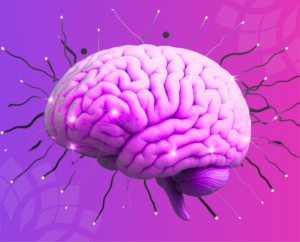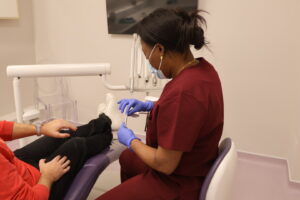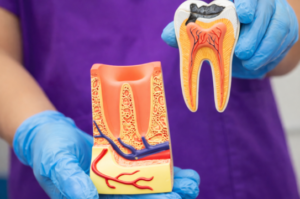Why Oral and Eye Health Are Connected
When people think about maintaining their health, they often focus on diet, exercise, or their annual check-up with a GP. Dental appointments and eye exams are usually seen as separate parts of self-care, but research increasingly shows they are linked in important ways.
Your mouth and your eyes may not seem connected at first glance, yet the health of one can influence the other. Understanding these links can help protect not only your smile and your vision, but your overall wellbeing too.
The Impact of Oral Health on the Eyes
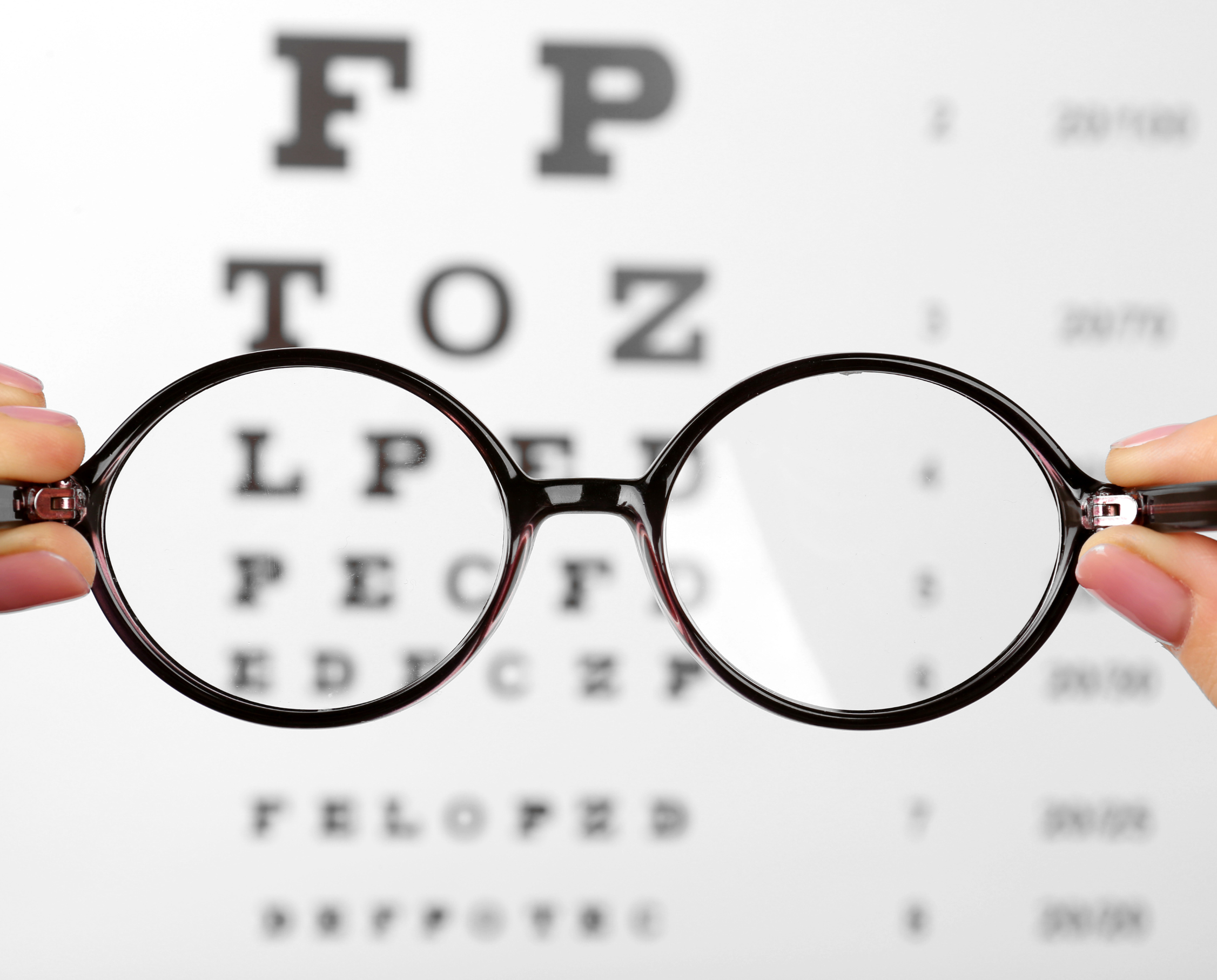
The mouth is often described as the gateway to the body because bacteria and inflammation in the oral cavity do not always stay confined there. Oral health problems, particularly when left untreated, can spread through the bloodstream and affect distant organs, including the eyes.
One of the strongest examples is gum disease. Periodontal disease is caused by harmful bacteria and chronic inflammation. While the first signs may appear mild, such as bleeding gums or persistent bad breath the long-term impact can be far-reaching.
Studies suggest that gum disease may increase the risk of damage to blood vessels in the eyes, potentially contributing to age-related macular degeneration (AMD), one of the most common causes of sight loss in older adults in the UK.
Oral infections provide another link. Severe abscesses are not just painful; they can allow bacteria to enter the bloodstream and travel to other parts of the body. Although rare, infections can spread to the tissues around the eyes, causing orbital cellulitis, a serious infection of the eye socket that requires urgent medical treatment.
There are also systemic conditions that connect the mouth and the eyes more directly. Diabetes is a prime example. High blood sugar levels affect circulation, weaken the body’s immune response, and increase the risk of gum disease. At the same time, diabetes is one of the leading causes of vision loss worldwide, damaging the delicate blood vessels at the back of the eye.
Autoimmune conditions such as Sjögren’s syndrome also demonstrate the overlap, often causing both dry mouth and dry eyes.
What the Eyes Can Reveal About the Mouth
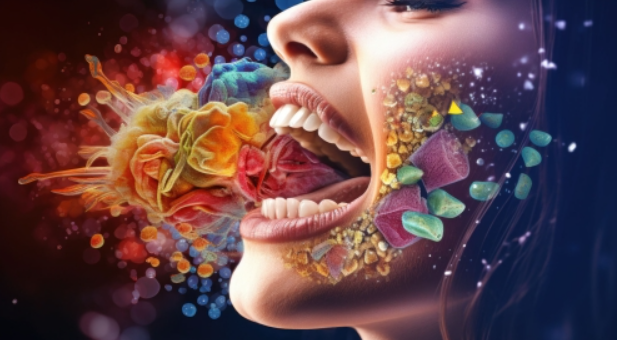
The connection between oral and eye health is not one-directional. Eye examinations can often provide early warning signs of systemic conditions that affect oral health as well.
Opticians in the UK are trained to examine the tiny blood vessels in the retina, which can reveal wider issues in the body. High blood pressure, for instance, is sometimes first spotted during an eye exam. This condition is also linked to gum disease, since reduced blood flow to the gums can make them more vulnerable to infection.
Similarly, diabetic changes spotted in the eye may reflect a higher risk of oral complications. For many people, an eye test may provide the first indication of a health issue that could also be impacting their mouth.
The Role of Nutrition: Vitamins for Eye and Oral Health
What you eat plays a crucial role in supporting both healthy teeth and clear vision. Certain vitamins and minerals are particularly important:
- Vitamin A – Essential for good vision (especially night vision) and maintaining healthy gums and oral tissues. Found in carrots, sweet potatoes, spinach, and eggs.
- Vitamin C – Supports gum health by strengthening connective tissues and helping wounds heal, while also protecting the eyes from oxidative damage. Good sources include oranges, strawberries, peppers, and broccoli. In eye health, vitamin C, along with other antioxidants has been shown to play a role in slowing the progression of age-related macular degeneration (AMD).
- Vitamin D – Vital for strong teeth as it helps the body absorb calcium. Also vital for our immune system. It may also protect against age-related eye conditions. In the UK, sunlight provides some vitamin D, but supplements are often recommended all year round.
- Vitamin E – An antioxidant that helps protect both gum tissue and the eyes from free radical damage. Found in nuts, seeds, and leafy greens.
- Omega-3 fatty acids – Found in oily fish such as salmon, mackerel, and sardines, omega-3s support gum health and reduce dry eye symptoms.. They also contribute to retinal health and may help protect against AMD (age-related macular degeneration).
- Zinc – Important for wound healing in the mouth and for transporting vitamin A to the retina, where it helps produce protective pigments. Good sources include meat, shellfish, dairy, and pumpkin seeds.
- Calcium – Strengthens teeth and bones, while also supporting nerve function in the eyes. Found in dairy products, fortified plant milks, leafy greens, and almonds.
By eating a diet rich in these nutrients, you’re investing in the long-term health of both your mouth and your eyes.
Protecting Both Your Smile and Your Sight
Looking after your teeth and your eyes often comes down to the same healthy lifestyle choices:
- Brush twice a day and floss daily to prevent gum disease and tooth decay.
- Have regular check-ups with your dentist and optician so problems are caught early.
- Eat a balanced diet rich in colourful fruits, vegetables, wholegrains, and oily fish to get key vitamins and minerals.
- Control conditions such as diabetes and high blood pressure through lifestyle and medical care.
- Avoid smoking, which increases the risk of gum disease and serious eye conditions like macular degeneration. Smoking also significantly raises the risk of cataract, a leading cause of vision loss worldwide, so quitting has powerful benefits for both your eyes and oral health.
What To Do Next
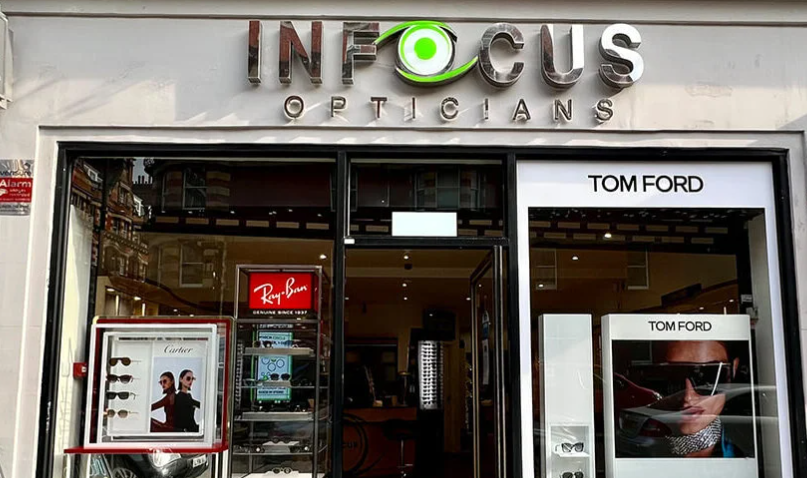
Your mouth and your eyes may seem worlds apart, but the health of one can have a surprising impact on the other. By keeping up with regular dental and eye check-ups, and maintaining healthy daily habits, you’re protecting more than just your smile or your vision, you’re looking after your whole body.
Many of the same risk factors that affect gum health, such as smoking, diabetes and high blood pressure also impact eye health. Regular eye tests and OCT scans don’t just protect your vision; they can also give us clues about wider health concerns that may be linked to oral health too.
This article is brought to you in collaboration between Optimal Dental Health and InFocus Opticians, because we believe in whole-body health, one patient at a time. You can find out more about InFocus Opticians here. You can also call the team on 020 7224 7400.
If you’re looking to book a 15-point dental health check, please call our team on 020 3921 1000. Alternatively, you can drop us an email at hello@optimaldental.co.uk.
